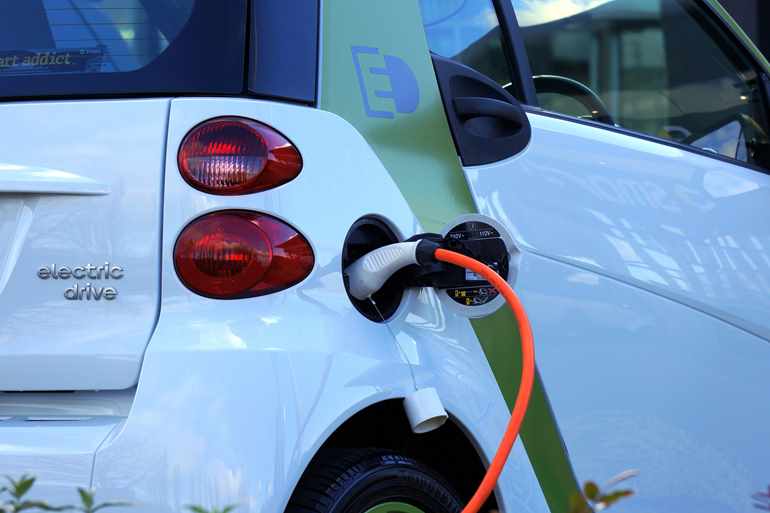
Do electric vehicles need road tax in 2022?
Take a look at the UK’s roads today, and you’ll notice more electric vehicles than ever before. An increase in customer demand, awareness of environmental issues and concessions for electric cars mean that these automobiles have become a familiar sight around the country in next to no time.
Incentives such as the Plug-In Car Grant have helped assist more drivers than ever before in owning electric vehicles. The purpose of this guide is to provide an overview of the road tax legislation for electric cars and to highlight the potential savings that electric car drivers could make over the years thanks to government legislation that favours renewable energy over fossil fuels.
Electric cars and road tax explained
While road tax technically hasn’t existed in the UK since 1937, many of us still refer to Vehicle Excise Duty, or VED, as “road tax”. VED replaced road tax and is a levy on vehicles as opposed to the roads they drive on. It is paid when a vehicle is purchased and goes directly to the treasury.
Vehicle Excise Duty is calculated based on the year the vehicle was registered, its list price, and the amount of CO2 emissions it is responsible for. If a vehicle was registered before 2001, VED is calculated based on engine size.
"In comparison, standard relief on petrol/diesel vehicles is just 18% per annum. It’s therefore easy to see why so many companies are switching to electric vehicles, as the savings could be worth thousands every year."
Do you have to pay road tax on electric cars?
Battery electric vehicles, or BEVs, are completely exempt from Vehicle Excise Duty road tax. Most plug-in hybrids are subjected to low VED, although hybrids costing £40,000 or more are subject to an annual supplement for 5 years, which is payable from the second time the vehicle is taxed.
How much is road tax (Vehicle Excise Duty) for electric car hybrid vehicles?
VED on hybrid cars that cost less than £40,000 to purchase weighs in at around £105 in the first year of ownership, and approximately £140 for each year afterwards. However, figures can vary depending on the model and its year of registration.
Capital allowances for electric company cars
Capital allowances are designed to allow companies to deduct the cost of eligible expenses from its annual tax bill. When it comes to company cars, the rate at which a company can “write down” the value of its vehicles is based on emissions of CO2.
Electric cars and plug-in hybrids with CO2 emissions of less than 50g per kilometre are eligible for a 100% write-down in the first year of ownership. To qualify, the car must be brand new.
In comparison, standard relief on petrol/diesel vehicles is just 18% per annum. It’s therefore easy to see why so many companies are switching to electric vehicles, as the savings could be worth thousands every year.
Other tax benefits of electric cars
In addition to paying zero Vehicle Excise Duty (road tax) and enjoying 100% write-down on company cars, electric vehicle owners also enjoy the following tax benefits:
- Congestion Charge savings: drivers who need to access London’s Congestion Charge Zone could save £15 per day by switching to an electric vehicle.
- Ultra Low Emission Zone savings: drivers who need to enter the ULEZ in London could save £12.50 by driving an electric vehicle.
- Running costs: petrol and diesel are both heavily taxed, whereas charging costs for an electric car can be as little as 3p per mile. If a driver travels 10,000 miles per year on average in an electric car, they could save themselves approximately £800 in fuel costs.
GAP Insurance for Electric Vehicles
GAP insurance can be beneficial for electric vehicle owners because technology is evolving at an almost unfathomable rate, which means under a standard insurance policy the figure you might receive from an insurer could be significantly less than what you paid at the dealership. With A Vehicle Replacement GAP insurance Policy, you can have peace of mind that should your electric car be written off, you’ll receive a payout that covers outstanding without taking depreciation of value into consideration.
To find out more about GAP insurance for electric vehicles, please feel free to contact us today. Our team will be happy to explain how the concept works, and how it could help protect your assets.












